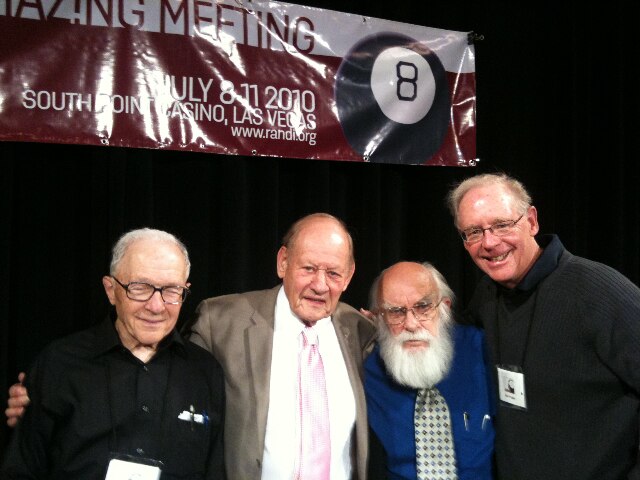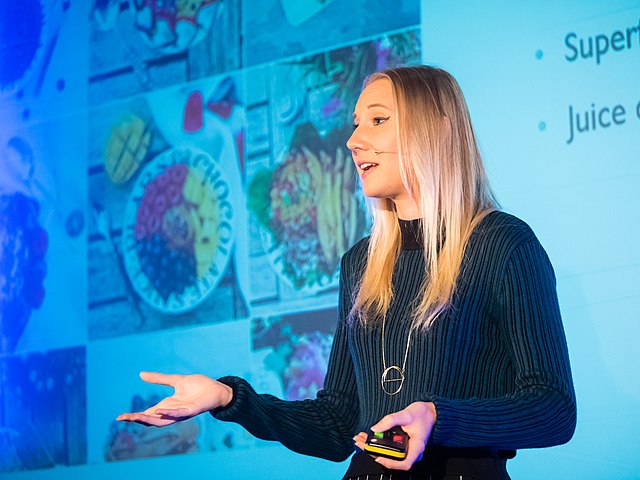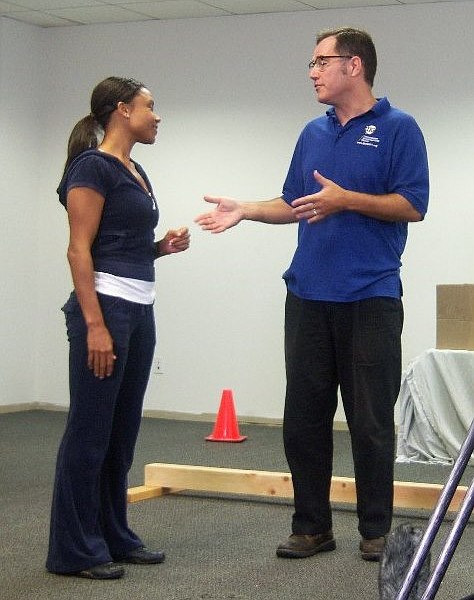Paul Kurtz was an American scientific skeptic and secular humanist. He has been called "the father of secular humanism". He was Professor Emeritus of Philosophy at the State University of New York at Buffalo, having previously also taught at Vassar, Trinity, and Union colleges, and the New School for Social Research.
1979
Kurtz, addressing the Banquet at the 1983 CSICOP Conference in Buffalo, New York
Ray Hyman, Paul Kurtz, James Randi, and Ken Frazier at TAM8, July 2010, Las Vegas, after their session on the history of the modern skeptical movement
The office of Paul Kurtz at Center for Inquiry Transnational, Amherst, NY
Scientific skepticism or rational skepticism, sometimes referred to as skeptical inquiry, is a position in which one questions the veracity of claims lacking empirical evidence. In practice, the term most commonly refers to the examination of claims and theories that appear to be beyond mainstream science, rather than the routine discussions and challenges among scientists. Scientific skepticism differs from philosophical skepticism, which questions humans' ability to claim any knowledge about the nature of the world and how they perceive it, and the similar but distinct methodological skepticism, which is a systematic process of being skeptical about the truth of one's beliefs.
Five Fellows of Committee for Skeptical Inquiry in 2018
Nutritionist Pixie Turner talking about nutrition-related pseudoscience in 2019
Independent Investigations Group testing Power Balance bracelet in 2010
Influential North American skeptics: Ray Hyman, Paul Kurtz, James Randi and Kendrick Frazier







